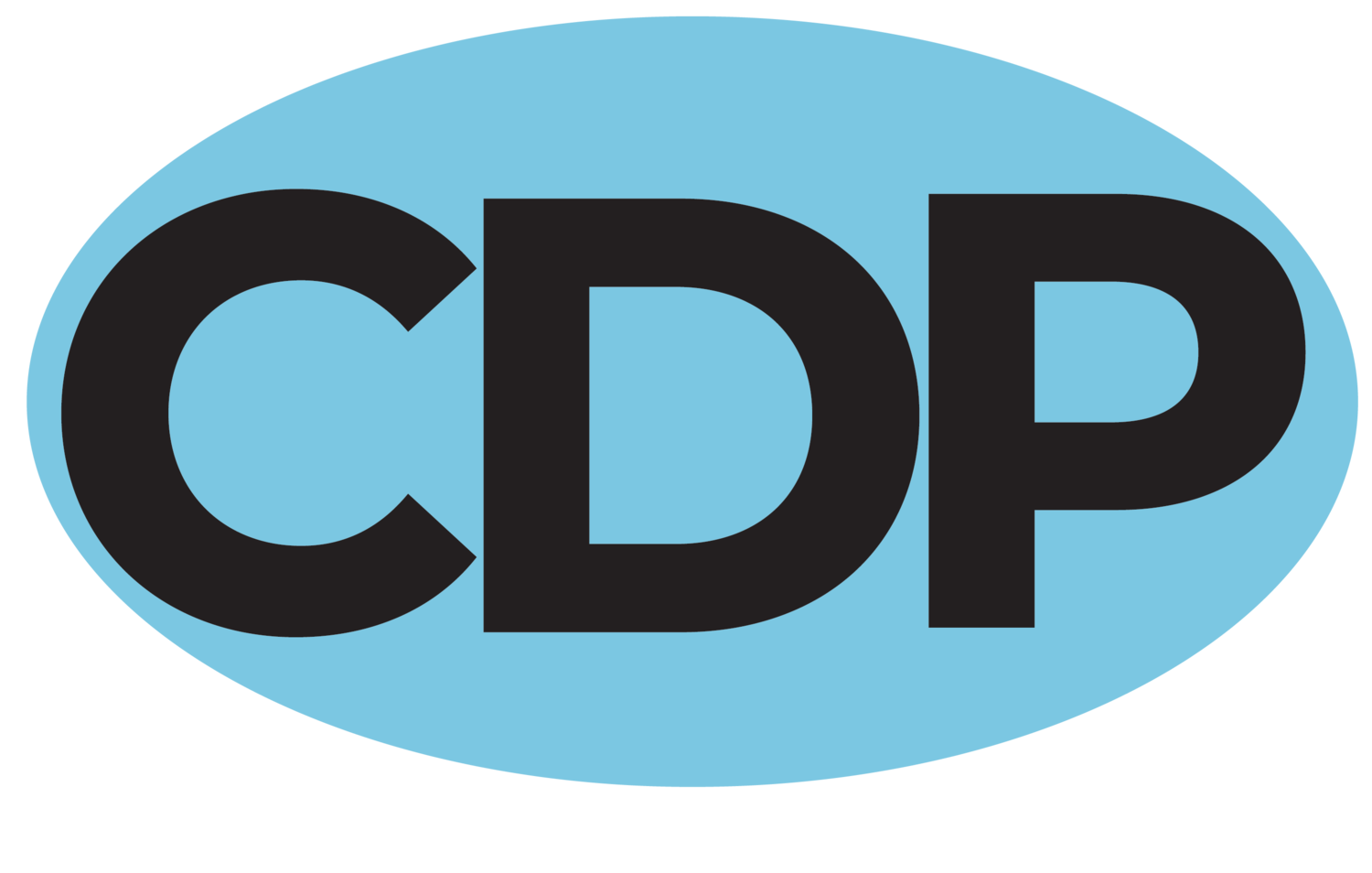Professional Diplomacy
I've been searching for the right term to describe what I see as a combination of common sense, maturity, savviness, wisdom and respect. I know it when I see it and it's a powerful tool. Too many leaders get this wrong and it is hurting our ability to navigate the waters, be heard and advocate in impactful ways. Consider these suggestions:
Know when to speak and when to stay quiet. Scripture says be quick to listen, slow to speak and slow to anger. You cannot hear the perspective of others if you are always talking or creating rebuttals in your mind. Sometimes your assignment is to hear what others are saying. What is their point of view? Learn to listen through harsh words, flared anger or poor speech and hear the gist of what is being said. Wait to weigh in until you've fully considered the viewpoints of others.
It's a marathon, not a sprint. Keep the big picture in mind. Outline what you are ultimately trying to achieve and keep your eye on that goal. Ostracizing officials, colleagues and professionals to win an argument is rarely the right course. Effective advocacy, decision-making and strong leadership requires time and tenacity. You may not win every battle but you can make progress if you remember your ultimate destination.
Get your facts straight. Avoid the tendency to create a narrative not based on the full truth. Statistics and data are there to inform your position not support your assertions. It is your responsibility to know the truth. Check your sources and use credible data before taking your stance on an issue. Nothing will cause people to dismiss you more quickly than perpetuating a false narrative.
How you speak is as important as what you say. Name calling, disrespecting, embarrassing or calling people out is not fruitful. Harsh tones, accusatory language and unbridled passion is rarely heard. Composed speech rests on the ears far more effectively than an overly emotive or angry tone.
In the world of advocacy we often fail to be professionally diplomatic. We think we are right and we stand our ground. We may feel justified in our offense at the 'wrongness' of others and think our stand is righteous. But if our stance needlessly offends, closes doors and causes us or our cause to be dismissed, we lose. Let's rethink our approach and spend some time sharpening our professional diplomacy skills.
-Mindy Muller, CFRE, President/CEO of CDP
#communitydevelopmentprofessionals #nonprofits #smallbusiness #leadership
#socialentrepreneurs #governingboards #boards #governance #government #officials

